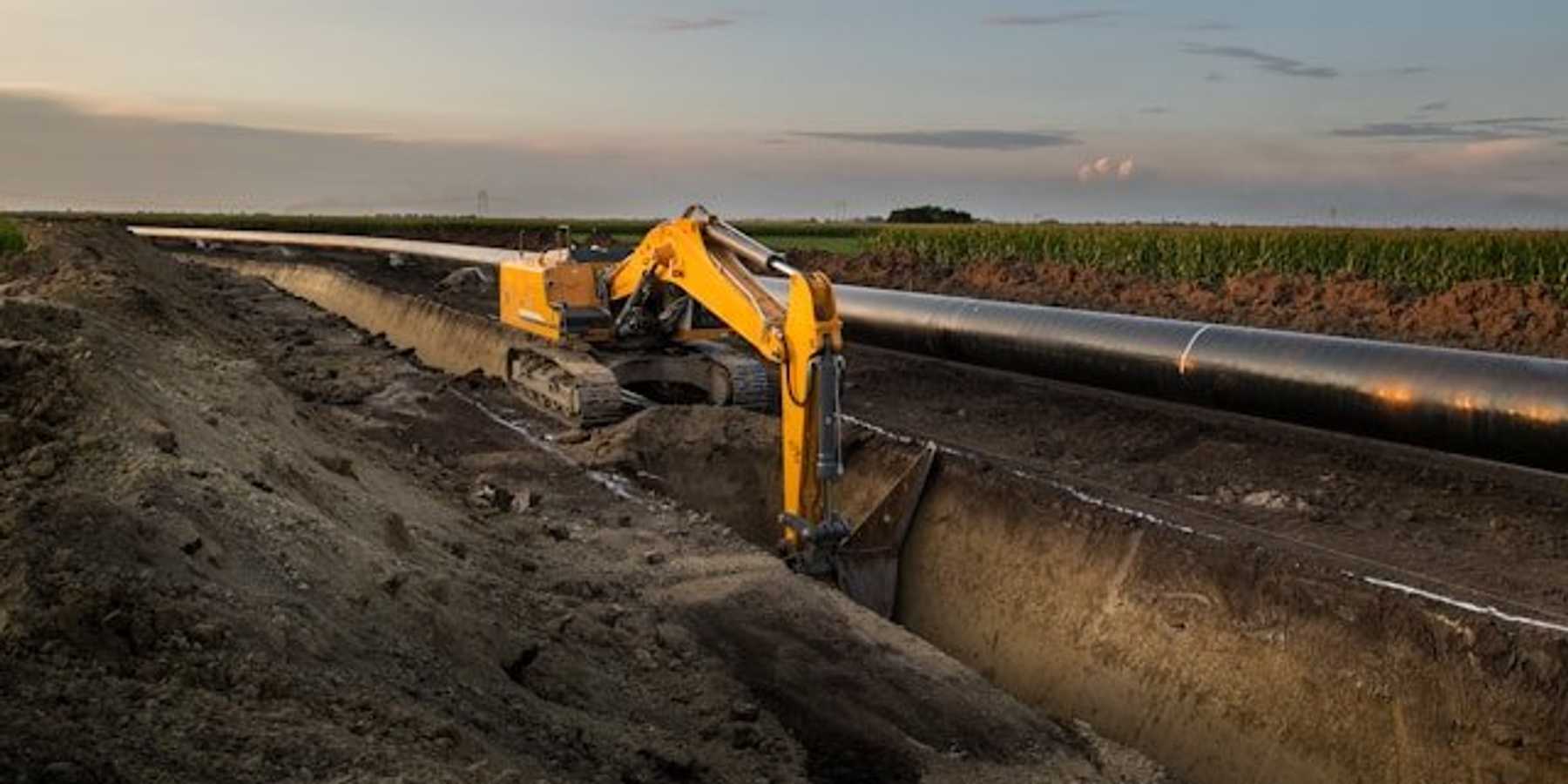
Canada pushes fast-track law for national-interest projects despite Indigenous and environmental objections
Canada’s Parliament approved the One Canadian Economy Act, or Bill C-5, on June 26, clearing a shortcut for pipelines, mines, and other “national-interest” projects meant to shore up economic autonomy amid a trade standoff with the United States.
Drew Anderson reports for The Narwhal.
In short:
- The law’s first section eases interprovincial trade and labor mobility; the second, the Building Canada Act, lets cabinet waive permits and studies once a project is declared in the national interest.
- Criteria include economic and security benefits, climate goals, and Indigenous advancement, yet definitions remain vague, and most existing environmental statutes can still be sidestepped.
- Many First Nations condemn the bill for ignoring free, prior and informed consent, while polling shows most Canadians favor speed but oppose ditching environmental reviews.
Why this matters:
Canada risks repeating hard-learned lessons from toxic leaks in Alberta’s oilsands and mercury-poisoned rivers in Ontario. Environmental assessments were designed to catch such hazards before shovels hit the ground; skipping them shifts the burden of proof — and possible cleanup — onto downstream communities that already face higher rates of respiratory illness and contaminated food sources. The bill also tests the country’s pledge to uphold Indigenous rights just as resource corridors cut through treaty lands. If Ottawa’s gamble sparks legal battles or grassroots blockades, delays could wipe out any gains in speed while eroding public trust in federal climate and health protections.
Learn more: Canada’s new prime minister backs fossil fuels while promising Indigenous partnerships













